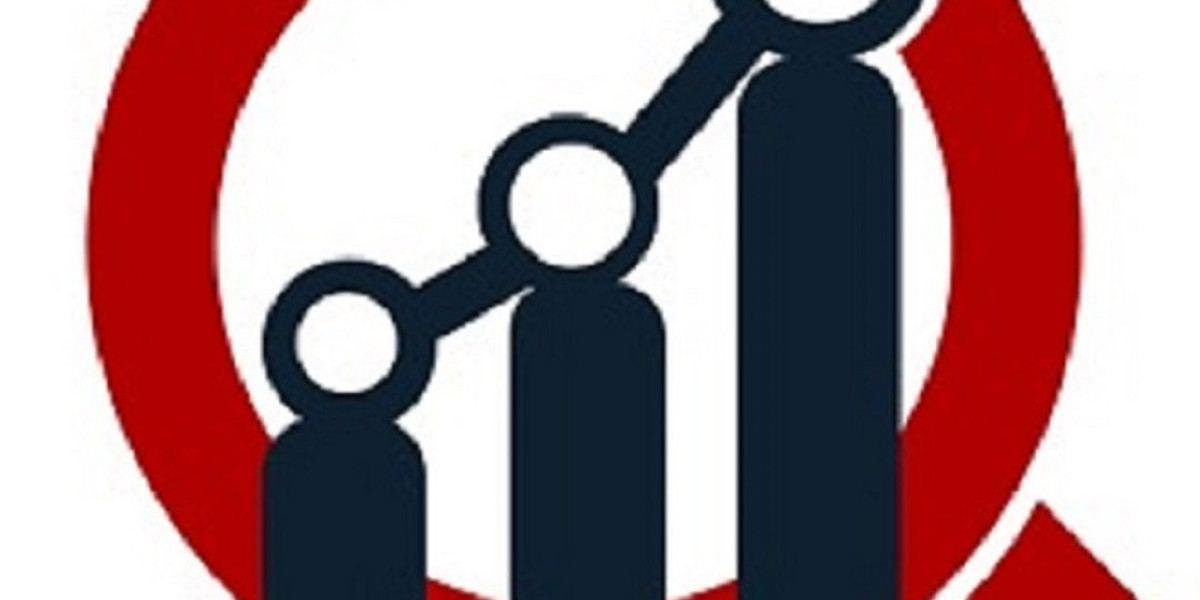The Clearing Houses And Settlements Market plays a vital role in maintaining trust and efficiency in the global financial system. As financial institutions and trading platforms handle increasing transaction volumes, the need for reliable transaction processing, trade clearing, and payment settlement solutions has grown significantly. Clearing houses act as intermediaries that guarantee the completion of trades, ensuring that both parties fulfill their obligations—an essential function in maintaining the stability and integrity of modern financial markets.
Streamlining Post-Trade Services and Financial Exchange Operations
Clearing houses are evolving to support faster, safer, and more transparent post-trade services. By leveraging digital infrastructure, these institutions automate and verify settlements, reducing risk exposure for both buyers and sellers. The adoption of advanced technologies such as blockchain, artificial intelligence, and data analytics is transforming how clearing operations are executed. This evolution enhances operational efficiency while enabling real-time monitoring of financial exchange transactions across borders.
Furthermore, fintech integration has amplified the importance of digital ecosystems in financial clearing. For instance, the US Financial App Market demonstrates how digital finance tools are reshaping money movement, investment tracking, and settlement operations. Similarly, as digital finance grows, cybersecurity has become a critical concern, making the Spain Cyber Insurance Market increasingly relevant for financial institutions seeking protection against online threats and potential data breaches.
Technological Advancements Driving Market Transformation
Modern clearing systems now incorporate automated reconciliation, data transparency, and instant transaction validation. With innovations such as distributed ledger technology, clearing houses are reducing manual intervention, accelerating settlement timelines, and minimizing counterparty risk. Additionally, regulatory reforms across regions continue to shape how clearing organizations manage liquidity, collateral, and risk mitigation.
The emphasis on speed and security in transaction processing is also aligning with global trends in financial digitization. Real-time settlements and efficient post-trade processing are becoming benchmarks for financial infrastructure modernization.
Future Outlook: A More Transparent and Secure Ecosystem
As global trade and capital markets expand, the demand for efficient clearing and settlement frameworks will rise. Central banks and market regulators are collaborating to standardize procedures and adopt emerging technologies that ensure system resilience. The convergence of fintech, digital assets, and traditional clearing functions will lead to a more interconnected and transparent financial ecosystem in the coming years.
FAQs
1. What is the role of clearing houses in financial markets?
Clearing houses act as intermediaries between buyers and sellers to guarantee that trades are completed securely and efficiently, minimizing counterparty risk.
2. How are technological innovations improving settlement processes?
Technologies like blockchain, AI, and real-time data analytics enhance transaction validation, reduce settlement times, and increase transparency in financial operations.
3. Why is cybersecurity important in clearing and settlement systems?
With the increasing digitization of financial operations, cybersecurity ensures data integrity and prevents disruptions in post-trade settlement and clearing activities.








